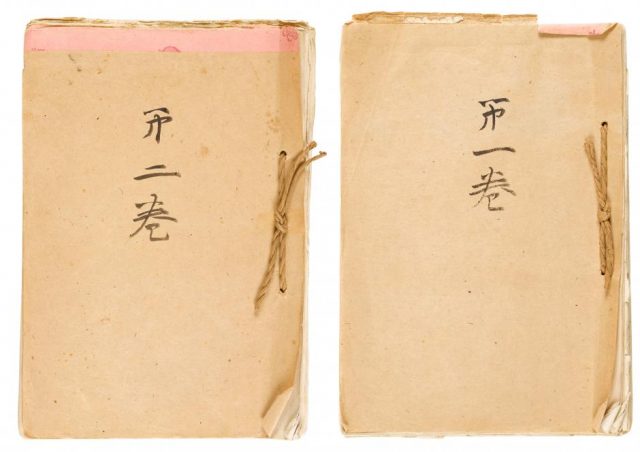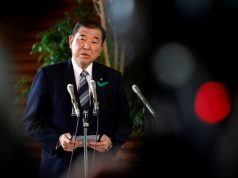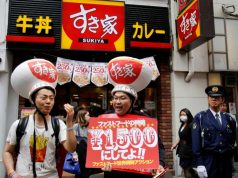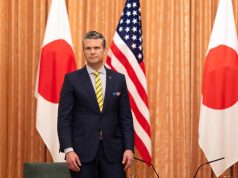NEW YORK — Japan’s Emperor Hirohito did not veto his advisers’ decision to declare war on the United States in 1941 because he feared triggering an internal conflict that would destroy his country, he said in an account dictated to an adviser.
Set for auction in New York on Wednesday, the handwritten document throws light on Japan’s role in World War Two, as it records events dating from the 1920s, such as Hirohito’s resolve not to oppose future cabinet decisions, even if he disagreed.
“He realized that if he wanted to be in power, he had to do what they wanted,” Tom Lamb, director of the books and manuscripts department at auction house Bonhams, told Reuters.
“And that is an interesting fact, since, throughout the late 1930s and through the 1940s, military decisions were made, which he could not contest,” he said.
The auctioneers have put an estimate of $100,000 to $150,000 on the manuscript, which consists of two browning twine-bound notebooks written in pen and pencil by Terasaki Hidenari, an interpreter and adviser to the emperor, in 1946.
The memoir concludes with the emperor’s statement that if he had vetoed the decision to go to war, it would have resulted in a civil conflict that would have been even worse and “Japan would have been destroyed,” the auction house said on its website.
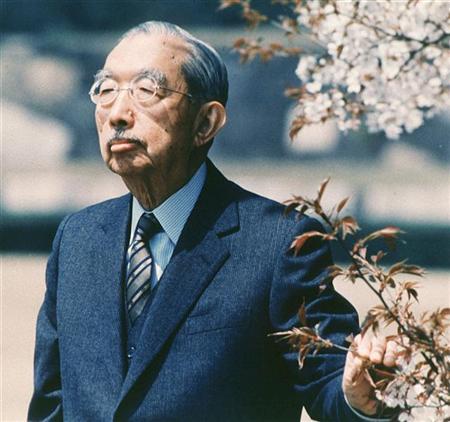
Known in Japanese as “Dokuhakuroku”, or “The Emperor’s Monologue”, the remarks may offer insight into the role the monarch played in the war campaign.
This is a topic academics say has never been fully pursued in Japan, largely due to U.S. occupation authorities’ decision to retain the emperor as a symbol of a newly democratic nation.
“The Americans needed Emperor Hirohito to bind the country together, which he did,” Lamb added.
“The whole of Japan changed from a rather military pre-war style to a postwar economic powerhouse, and obviously the emperor was part of that.”

